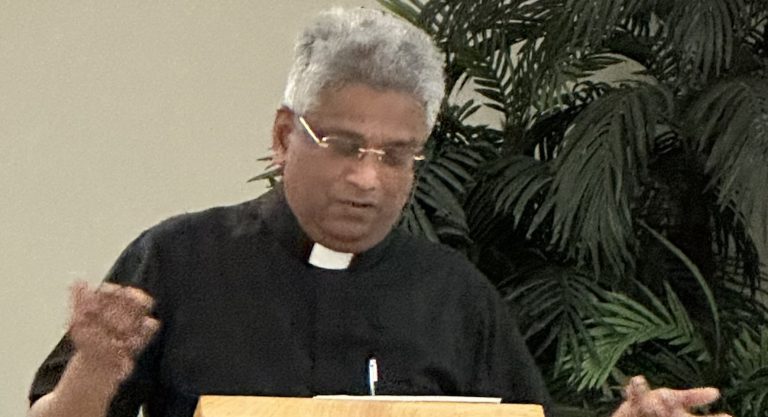First Reading • Genesis 14:18-20
Psalm • Psalm 110:1, 2, 3, 4
Second Reading • 1 Corinthians 11:23-26
Gospel • Luke 9:11b-17
Today’s beautiful feast of the Body and Blood of Jesus is celebrated all over the world with processions, Eucharistic adoration, and songs. It is fitting because today we celebrate the greatest gift given to the world – The Body and Blood of Jesus Christ which we receive at every Mass.
The only other day that focuses on the Eucharist is Holy Thursday. This feast is especially important because it gives us the opportunity to repeat a central truth of our faith. The Eucharist is truly the Body and Blood of Jesus Christ. It is not merely a symbol, but the real thing.
At every Mass it is the true Body and the true Blood of the Risen Jesus that is given to us. Nothing less.
Receiving Jesus in the Eucharist should make us generous. Jesus is generous with us. If we receive Him every Sunday, then we should be inspired and empowered to imitate His generosity with others. Jesus expects nothing less from us.
Consider today’s first reading. After Abraham wins a major battle, he goes to give thanks to the high priest Melchizedek, who offers a sacrifice of bread and wine. There is no doubt that this is an early preparation for the Eucharist.
What does Abraham do afterwards? He gives Melchizedek a tenth of his wealth.
This is where the concept of the tithe originates, and it’s something many of our Protestant brothers and sisters still practice faithfully today.
It’s not uncommon for them to give 10% of their income to their church; not out of obligation, but out of gratitude and commitment to God’s work.
This passage challenges us. We Catholics have received the fullness of faith – the real presence of Christ in the Eucharist – yet we often fall behind in our financial support of the Church.
We are not measured by how much we give, but how we give—with love, with generosity, and according to our means. The Lord sees not the number, but the heart behind the gift. That is why the Church encourages what we call “sacrificial giving.”
Why is that so important? Because God has been so generous with us and He wants us to pass on to others the blessings He has given us. That is one of the great lessons of the Eucharist. We receive all that God has given us with gratitude. Then we turn around and share it with others so that it will be a blessing to them.
We can be generous because we trust that our Heavenly Father will provide for all our needs.
Jesus teaches us that lesson in today’s gospel about the multiplication of loaves and fishes. There is no doubt that this story is meant to teach us something about the Eucharist and its effect in our lives.
Saint Luke begins the story by telling us that Jesus had been preaching about the Kingdom of God. That Kingdom of God was a reality that Jesus was bringing to the world – a reality where there would be enough for everyone.
That is why, when the apostles tell Jesus to send the crowds away, He refuses and tells them to feed the crowds themselves. To the apostles, what they had seemed like too little for themselves.
Jesus challenges the disciples—and He challenges us—to take responsibility, to act with faith, and to offer what little we have.
Often, we think we have too little to make a difference. But in the hands of Jesus, even the smallest gift can become a blessing for many. That is the lesson of the Eucharist.
Something as small and ordinary as bread and wine become the Body and Blood of Christ when we offer them to God.
Just so, the little that we have can feed many people if we give it away.
God wants to work a miracle for the world through us. But for that to happen, we have to be generous. It may seem like we have too little to give to meet the needs of so many. But if we give it, God will multiply it. And there will be plenty left over.
Brothers and sisters, the miracle we hear about today is more than an event from the past – it continues here and now in the Holy Eucharist.
What began with five loaves and two fish now finds its fulfillment every time we gather around the altar.
Jesus is still feeding His people, not with ordinary bread, but with His very self.
As we come forward to receive Him today, let us not do so out of routine, but with renewed awe and love.
Let us recognize that in this gift, God draws near to us so that we may be strengthened, united, and sent out to feed a hungry world with acts of compassion, justice, mercy, and witness.
May the Eucharist we receive make us more like Christ – broken and given for others, full of faith, and overflowing with love.

